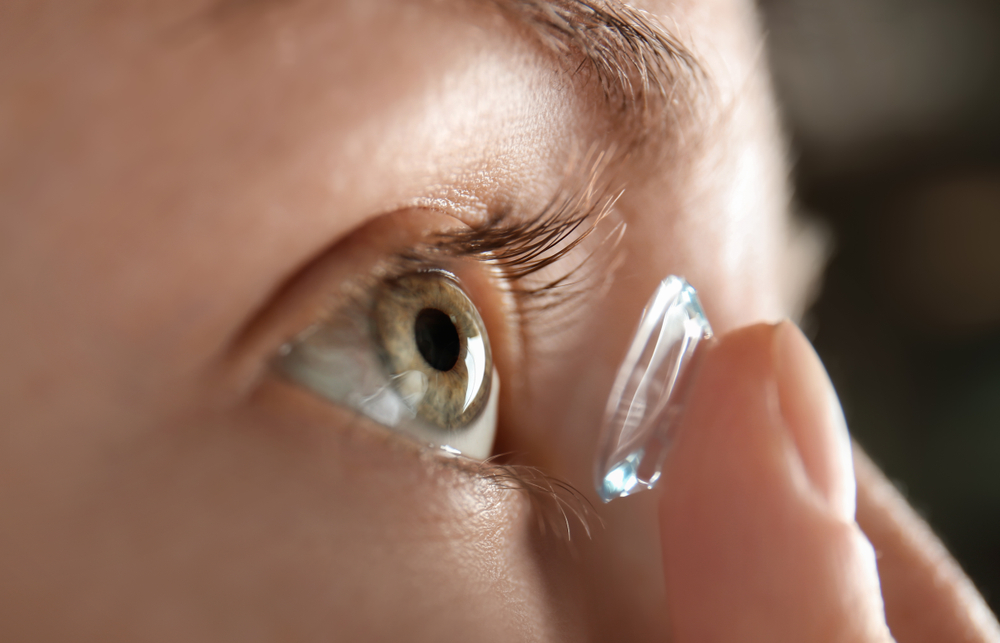
For those exploring contact lenses, understanding the differences between traditional and specialty lenses is essential. Specialty contact lenses provide unique solutions for individuals with specific vision needs, including complex prescriptions, irregular corneas, and dry eye issues. Here’s how specialty lenses stand out from traditional contacts and why they might be the right choice for you.
Purpose and Design
Traditional contact lenses are typically designed to correct common refractive errors such as nearsightedness, farsightedness, and mild astigmatism. Specialty lenses, however, go beyond standard prescriptions to offer customized solutions for unique eye conditions. They come in various designs tailored to specific needs—whether for managing severe astigmatism, dry eyes, or conditions like keratoconus.
Materials and Comfort
Traditional lenses are generally made from hydrogel or silicone hydrogel, prioritizing breathability and flexibility. Specialty lenses, such as scleral lenses, often use rigid gas permeable (RGP) materials. These materials provide a high level of precision in vision correction, though they may require a short adjustment period for comfort. Scleral lenses are larger and rest on the sclera (white part of the eye) rather than the cornea, creating a cushion of tears between the lens and the eye. This design makes them an ideal choice for individuals with dry eyes or irregular corneas, ensuring a comfortable and stable fit.
Advanced Vision Correction
Specialty lenses offer a broader range of corrective options compared to traditional lenses. For instance, multifocal specialty lenses help with presbyopia, providing clear vision at multiple distances. Additionally, scleral lenses are ideal for those with corneal irregularities or post-surgical needs, as they offer enhanced stability and clarity, often far surpassing what traditional lenses can provide.
Customized Fitting Process
While traditional contact lenses come in standard sizes and prescriptions, specialty lenses are typically custom-made to fit the unique shape and condition of each eye. This customization process involves detailed eye measurements and multiple fittings to ensure the best possible comfort and clarity. Though this process may take longer, the result is a lens perfectly tailored to your needs, offering greater stability and vision quality.
Who Can Benefit from Specialty Lenses?
Specialty contact lenses are an excellent solution for individuals with specific vision needs, including:
Keratoconus: Scleral and RGP lenses provide stability and clarity for irregularly shaped corneas.
High Astigmatism: Custom toric lenses are available for individuals with more complex astigmatism cases.
Dry Eye Syndrome: Scleral lenses are designed to retain moisture, offering relief from dryness and irritation.
Post-Surgical Eyes: Individuals who have undergone corneal surgeries may find that specialty lenses provide the clarity and comfort that traditional lenses cannot.
Choosing the Right Lens at Everglades Eye Care
Specialty lenses offer tailored vision solutions beyond what traditional contacts can achieve. At Everglades Eye Care, we can help you find the best lens for your eyes and lifestyle. Our optometrist will conduct a thorough eye assessment and recommend options based on your unique vision needs, whether you’re suited for traditional lenses or custom specialty contacts.
Schedule a consultation with Everglades Eye Care to learn more about how specialty contact lenses can enhance your vision and comfort. Visit at our office in Naples, Florida, or call (239) 374-2075 today.






